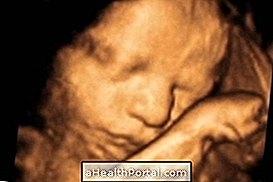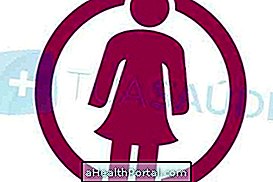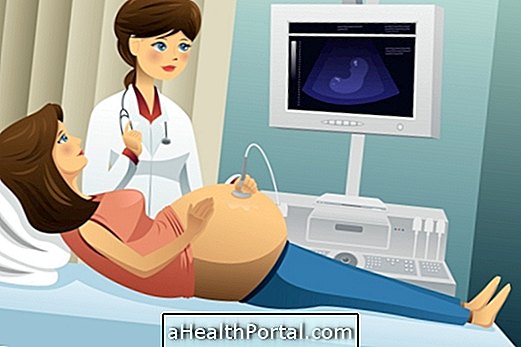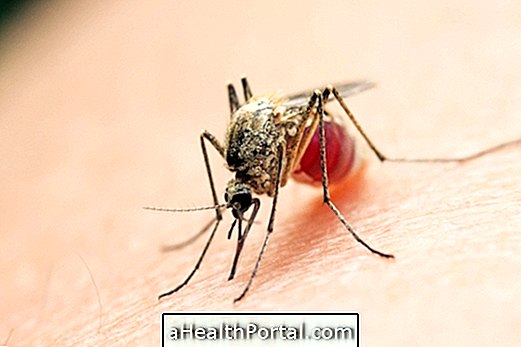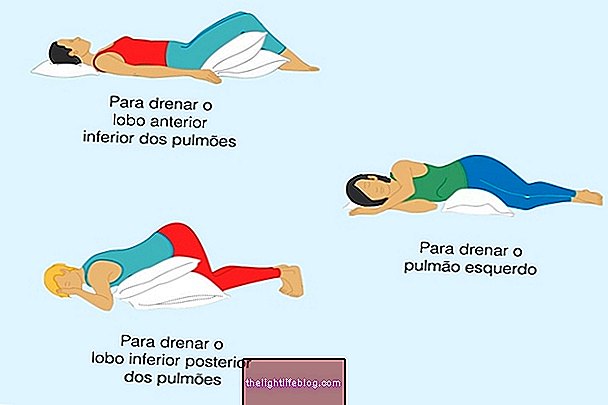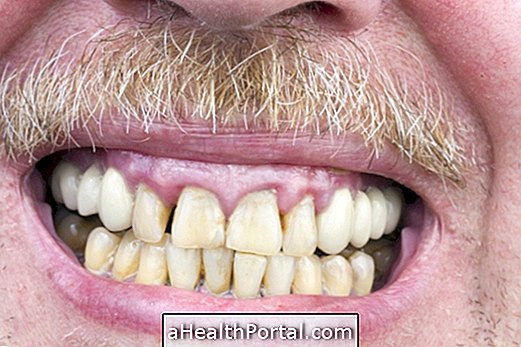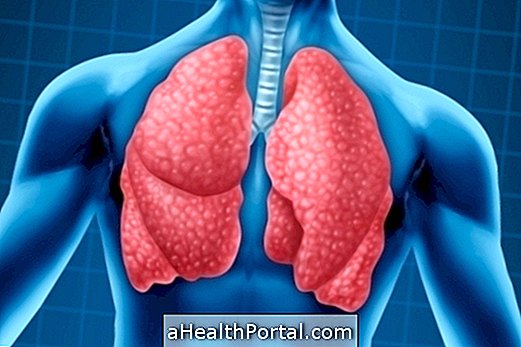The 35-week-old baby, who is 8 months pregnant, is already fully formed and already looks as expected at birth. However, you still need to grow a little more and gain more weight before you are born.
At 35 weeks' gestation, the baby is usually turned down, but in some cases he may be seated, and some exercises can be done to help the baby to turn upside down. Here's how to do the exercises.
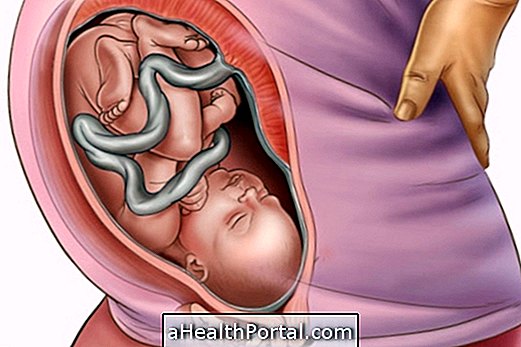
Development of the fetus at 35 weeks' gestation
At 35 weeks, all of the baby's organs are fully formed except the lungs that continue to develop and produce more fluid that will stop them from stopping when the baby starts breathing. The two kidneys already work 100%, as well as the liver, which is also able to perform its functions, processing substances that the body no longer needs.
The baby's face becomes smoother, the wrinkles have disappeared, and the skin is a pinkish color and no longer reddish because of the white fat that has accumulated on it. This fat will give you energy and control over your body temperature after it is born. In addition, the baby is covered by a thick layer of creamy vernix and may already have enough hair and fingernails reach the fingertips, but the toenails are not yet fully developed.
The wall of the uterus and abdomen of the mother thinner, allowing more light to pass, which will make it easier to regulate the activity cycles during the day / night and will cause the baby to close and blink, reacting to the intense light. He will also react frequently to sounds, being able to move or jump when he hears a loud noise, a song or his mother's voice.
Now there is not much space inside the womb and the baby may have already turned around and taken upside down, ready to be born. It is likely to feel quite tight in the womb and may have difficulty moving, but the mother will continue to feel the movements and if you look at the belly, you can sometimes be able to distinguish the contour of an elbow, a foot or the head.
How big is the fetus?
The size of the fetus at 35 weeks' gestation is approximately 43.7 centimeters in length and weighs about 1900 g.


What changes in pregnancy
Changes in the woman at 35 weeks of gestation are symptoms of shortness of breath and indigestion as the uterus is too close to the ribs, compressing the stomach, digestive tract and lungs. A good tip is to try to breathe deeply whenever there is difficulty breathing and making smaller and more frequent meals.
Despite increasing toilet visits due to the weight of the uterus on the bladder, the mother should not reduce water intake because the baby needs plenty of fluid. A good idea, however, is to reduce the consumption of diuretic drinks such as tea, coffee and soda.
At this stage of pregnancy, a woman may usually have gained weight and her belly button may be bulging and larger.
From this week, the doctor should ask the mother to attend weekly consultations until the day of delivery to more closely control the mother's blood pressure and the position of the baby.
Your pregnancy by quarter
To make your life easier and you do not waste time looking, we separate all the information you need for each trimester of gestation. What quarter are you in?
- 1st Quarter (1st to 13th week)
- 2nd Quarter (14th to 27th week)
- 3rd Quarter (from the 28th to the 41st week)




